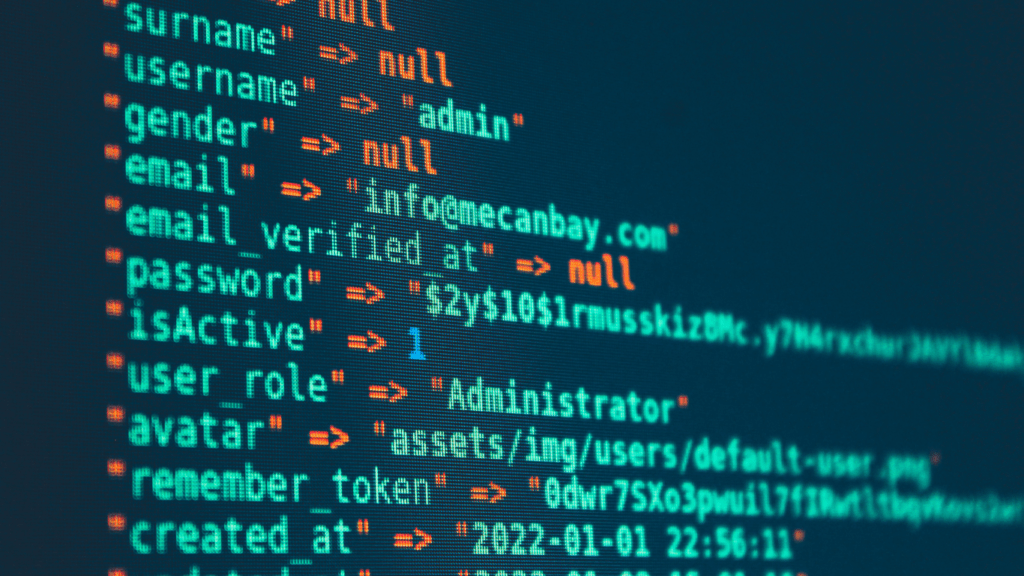Overview Of Developer Tools In 2025
Developers in 2025 rely on a diverse set of tools to enhance productivity and streamline workflows. These tools span across categories like code editors, version control systems, collaboration platforms, and automation solutions. Each tool addresses critical aspects of software development, aiming to improve efficiency and code quality.
- Code editors dominate as foundational tools, with options like Visual Studio Code and JetBrains IntelliJ offering real-time collaboration, AI-powered suggestions, and seamless integration with plugins. Both have become hubs for writing, debugging, and deploying code efficiently.
- Version control systems (VCS), such as Git, remain central to managing code changes. With platforms like GitHub and GitLab advancing features like auto-security scans, traceable commit histories, and project management integrations, maintaining codebases becomes more structured.
- Collaboration platforms, including Slack and Microsoft Teams, integrate directly with development tools. Features like threaded discussions, automation bots, and real-time project tracking streamline communication among distributed teams.
- Automation solutions like Docker, Kubernetes, and Jenkins handle deployment, orchestration, and CI/CD pipelines, minimizing repetitive tasks. Tools in this category focus on resource optimization, faster rollouts, and reducing human intervention in error-prone processes.
These categories define the core of a developer’s toolkit. Staying adept at using them can significantly impact a developer’s workflow, enabling them to produce scalable and maintainable solutions.
Version Control Systems
Version control systems are indispensable for tracking changes and collaborating on code, ensuring stability and efficiency in software development workflows.
Why Version Control Is Crucial
Version control simplifies codebase management by recording changes and enabling seamless collaboration. It prevents issues like overwriting and helps maintain an organized development process. Teams working on complex applications benefit from branching and merging features, which allow experimentation and simultaneous workflows without disrupting the main codebase. In cases of updates gone wrong, version control facilitates rollback to previous stable states. This reliability is key for modern development practices, especially within agile and continuous integration environments.
Code Editors And IDEs

The right code editor or integrated development environment (IDE) is essential for efficient coding. In 2025, modern tools focus on enhancing productivity through features tailored to the needs of developers.
Features To Look For In Modern Code Editors
Efficient code editors stand out with their advanced capabilities. Key features include:
- AI Assistance: Tools like AI-powered autocompletion, real-time bug detection, and code generation expedite development.
- Customization Options: Themes, extensions, and keyboard shortcuts allow personalized workflows.
- Collaboration Features: Built-in support for real-time collaboration ensures seamless teamwork, as seen in Visual Studio Code’s Live Share.
- Multi-Language Support: Editors that support multiple programming languages increase flexibility for full-stack development.
- Integrated Tools: Embedded version control, terminal emulators, and debugging simplify project management.
Best IDEs For Developers In 2025
Leading IDEs in 2025 integrate advanced functionalities to optimize development processes:
- Visual Studio Code: Favored for its speed, extensions, and cross-platform support, it’s ideal for web and cloud-based projects.
- JetBrains IntelliJ IDEA: Best for Java and Kotlin development, it offers smart code refactoring and robust integration with build tools.
- PyCharm: Optimized for Python, this IDE includes intelligent code navigation and support for scientific computing frameworks.
- Eclipse: A long-standing choice in the Java ecosystem, it provides extensive plugin support and collaborative tools.
- Xcode: Essential for Apple developers, it streamlines the creation of macOS and iOS applications.
These tools deliver scalable support for diverse projects, ensuring smooth transitions between development, testing, and deployment.
Collaboration And Project Management Tools
Efficient collaboration and structured project management drive team productivity and ensure project success. In 2025, developers utilize advanced tools to coordinate tasks, communicate effectively, and maintain seamless workflows.
Streamlining Teamwork With The Right Tools
Integrated collaboration and project management tools align team efforts and simplify communication. These tools reduce miscommunication and create clear accountability within projects. For instance, task-tracking systems paired with real-time messaging platforms ensure priorities remain visible and progress measurable. Features like shared dashboards, automated reminders, and integration with version control systems streamline processes, keeping teams focused on delivering quality work within deadlines.
Must-Have Collaboration Platforms For Developers
- Slack: This messaging platform supports real-time communication with features like channel organization, deep integrations with tools like GitHub, and automation via custom bots.
- Trello: Developers use Kanban boards here for simple task tracking. Trello enables team members to visualize workflows through clear drag-and-drop interfaces.
- Jira: Optimal for agile teams, Jira tracks sprints, manages backlogs, and supports powerful reporting through custom workflows.
- Asana: Developers utilize Asana for its simplicity in managing milestones, timelines, and dependencies while improving cross-team communication.
- Notion: Known for versatility, Notion combines documentation, task management, and collaboration features into a single interface for diverse project needs.
Mastering these platforms offers developers the ability to balance project requirements, strengthen team connections, and execute tasks efficiently.
Debugging And Testing Tools
Effective debugging and thorough testing are vital for building reliable software. In 2025, developers count on advanced tools to identify errors quickly and ensure robust application performance.
The Role Of Debugging In Development
Identifying and resolving errors efficiently minimizes downtime and prevents larger issues during deployment. Debugging allows me to trace code step-by-step, uncovering logical errors, memory leaks, or dependency issues. It’s an essential step in fine-tuning applications, especially in agile and continuous integration workflows.
Debuggers like Chrome DevTools, JetBrains Debugger, and Python’s pdb simplify the process by providing real-time visibility into how code executes. They highlight breakpoints, step through functions, and let me inspect variables directly. These functionalities help ensure that potential issues are resolved before code progresses to production.
Advanced Tools For Efficient Testing
Testing ensures quality and functionality, covering everything from unit tests to end-to-end testing frameworks. Modern tools accelerate test execution and enhance automation, saving time while maintaining thorough coverage.
Selenium, Playwright, and Cypress lead in automating browser-based testing for web applications. They enable me to write scripts that verify UI consistency, integration points, and workflows. For mobile app testing, tools like Appium provide similar automation capabilities across platforms.
Unit testing frameworks, such as Jest, JUnit, and pytest, ensure stable functionality within isolated code components. Additionally, integrating CI/CD tools like Jenkins and CircleCI streamlines automated test deployment, letting me address issues without interrupting the development process.

 Frank Gilbert played an instrumental role in shaping the foundation of Code Hackers Elite. With a sharp eye for innovation and deep expertise in software architecture, Frank was central in building the technical framework that powers the platform today. His commitment to clean, scalable code and forward-thinking development practices helped establish a strong backbone for the site, ensuring that the delivery of tech news and coding resources remains seamless and efficient for users worldwide.
Frank Gilbert played an instrumental role in shaping the foundation of Code Hackers Elite. With a sharp eye for innovation and deep expertise in software architecture, Frank was central in building the technical framework that powers the platform today. His commitment to clean, scalable code and forward-thinking development practices helped establish a strong backbone for the site, ensuring that the delivery of tech news and coding resources remains seamless and efficient for users worldwide.
